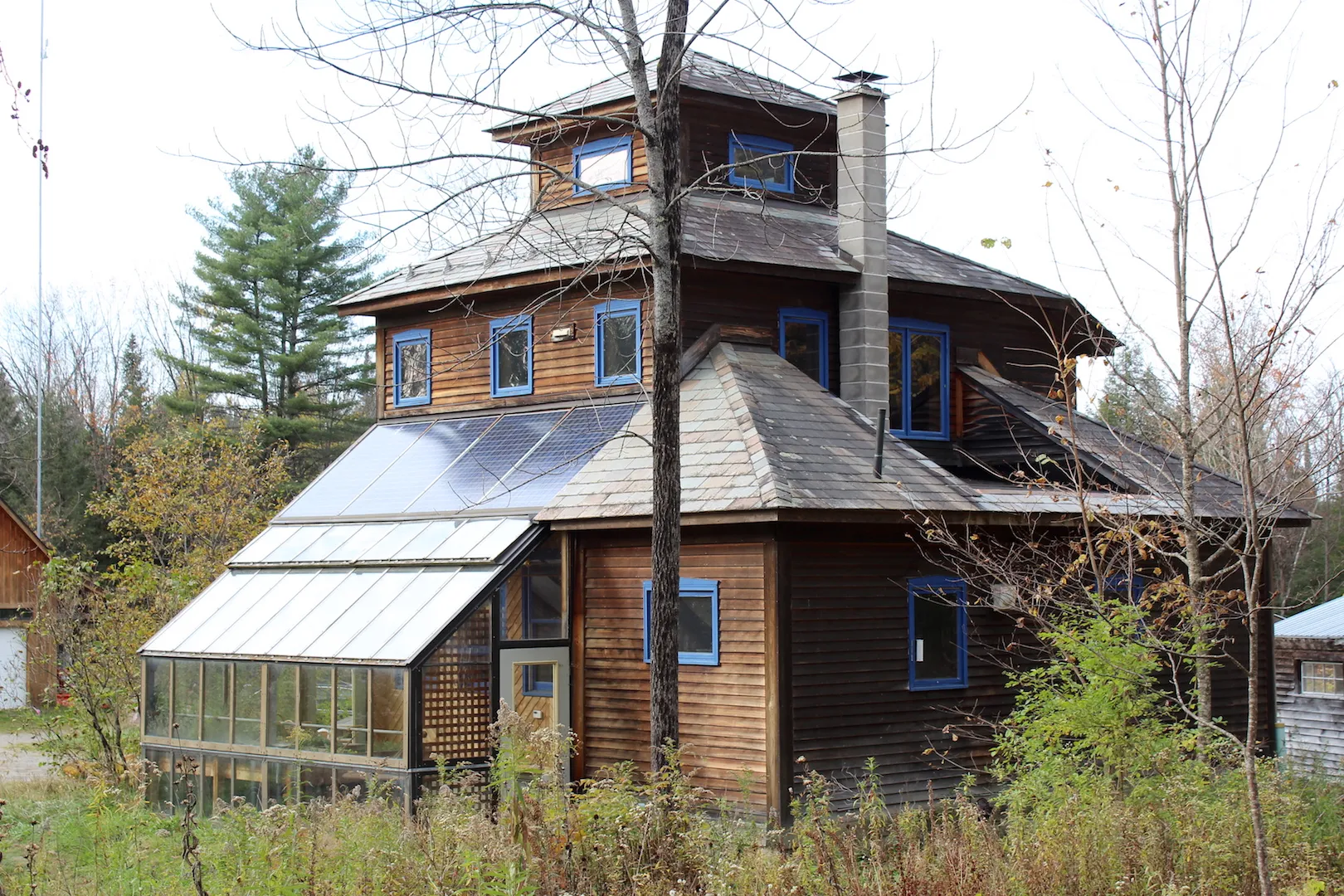Living off the grid has become increasingly popular as more people embrace sustainability, independence, and eco-friendly living. However, financing off-grid homes presents unique challenges, as traditional home loans may not cater to unconventional properties. This article explores home loans for off-grid homes, including their requirements, benefits, and the best options for aspiring off-grid homeowners.
Also Read: Rural Home Loan Options

What Are Off-Grid Homes?
Off-grid homes are properties not connected to public utilities such as electricity, water, or sewer systems. These homes rely on alternative energy sources, like solar panels or wind turbines, and often incorporate sustainable systems for water collection, waste management, and heating.
Off-grid living appeals to those seeking environmental sustainability, cost savings, and autonomy. However, securing a mortgage for such properties requires an understanding of niche lending options.
Challenges in Securing Home Loans for Off-Grid Homes
Before diving into loan options, it’s essential to understand the hurdles associated with financing off-grid properties:
1. Unconventional Features
Lenders may hesitate to finance homes with features like composting toilets, rainwater harvesting systems, or non-standard construction.
2. Appraisal Difficulties
Off-grid homes can be hard to appraise due to a lack of comparable properties, which can make lenders cautious.
3. Zoning and Building Codes
Properties must comply with local regulations, which can vary significantly in rural or remote areas.
4. Higher Down Payment Requirements
Some lenders may require larger down payments to mitigate the perceived risks of financing an off-grid home.
Types of Home Loans for Off-Grid Homes
Despite the challenges, several loan options are available for financing off-grid properties. Let’s explore the most common types:
1. FHA Loans
The Federal Housing Administration (FHA) offers loans that can be used for unconventional homes, provided they meet certain safety and habitability standards.
- Benefits:
- Low down payment (as little as 3.5%).
- Lenient credit score requirements.
- Considerations:
- Off-grid systems must meet FHA appraisal standards.
2. USDA Loans
The U.S. Department of Agriculture (USDA) offers loans for rural homes, making them a potential option for off-grid properties in qualifying areas.
- Benefits:
- Zero down payment required.
- Competitive interest rates.
- Considerations:
- The property must be in a USDA-eligible rural area.
3. VA Loans
Veterans Affairs (VA) loans are an excellent option for eligible service members and veterans, including for off-grid homes.
- Benefits:
- No down payment required.
- No private mortgage insurance (PMI).
- Considerations:
- The home must meet VA property standards.
4. Green Home Loans
Lenders offering green home loans cater specifically to energy-efficient and sustainable properties, including off-grid homes.
- Benefits:
- Favorable terms for eco-friendly features.
- Potential grants or incentives for sustainability.
- Considerations:
- Documentation of green features may be required.
5. Owner Financing
In some cases, sellers of off-grid homes may offer financing directly to buyers, bypassing traditional lenders.
- Benefits:
- Flexible terms and conditions.
- Suitable for unique or hard-to-appraise properties.
- Considerations:
- May come with higher interest rates.
How to Qualify for Home Loans for Off-Grid Homes
Here’s how you can improve your chances of securing a loan for your off-grid property:
1. Work with Specialized Lenders
Seek out lenders experienced in financing unconventional homes. They are more likely to understand the value and functionality of off-grid properties.
2. Provide Detailed Documentation
Ensure all systems (e.g., energy, water, waste) meet local codes and have proper certifications. This will reassure lenders of the property’s habitability and safety.
3. Offer a Larger Down Payment
A higher down payment reduces the lender’s risk and can improve your loan approval chances.
4. Improve Your Credit Score
A strong credit score demonstrates financial reliability and can help you secure better loan terms.
Benefits of Home Loans for Off-Grid Homes
1. Access to Sustainable Living
Financing makes sustainable, independent living more accessible to a wider audience.
2. Long-Term Savings
While off-grid systems may have higher upfront costs, they can save money on utilities over time.
3. Eco-Friendly Incentives
Many green loan programs offer grants or rebates for renewable energy systems and energy-efficient designs.
Tips for Choosing the Right Loan
1. Evaluate Your Needs
Determine whether the loan covers the specific features of your off-grid home.
2. Research Incentives
Look for federal, state, or local programs that offer financial incentives for green and off-grid properties.
3. Consult Experts
Work with real estate agents, appraisers, and lenders familiar with off-grid homes to streamline the process.
FAQs: Home Loans for Off-Grid Homes
1. Can I get a loan for a completely self-sustained home?
Yes, but you may need to work with specialized lenders who understand off-grid properties and their value.
2. Are off-grid homes harder to appraise?
Yes, due to a lack of comparable properties. Providing detailed documentation of the home’s features can help.
3. Do FHA or USDA loans cover solar panels?
Yes, both programs may cover energy-efficient systems like solar panels if they enhance the property’s livability and value.
4. What credit score is required for off-grid home loans?
Credit score requirements vary by lender and loan program but are typically 620 or higher for most programs.
5. Can I get a zero-down loan for an off-grid home?
USDA and VA loans may offer zero-down options if the property meets their eligibility requirements.
Conclusion
Financing an off-grid home may seem daunting, but with the right approach and knowledge of home loans for off-grid homes, it’s entirely possible. By exploring niche loan options, working with specialized lenders, and preparing thorough documentation, you can secure the funding needed to embrace an independent and sustainable lifestyle.

1 thought on “Home Loans for Off-Grid Homes: A Comprehensive Guide”